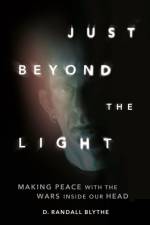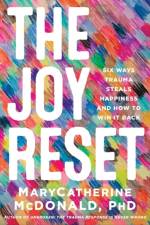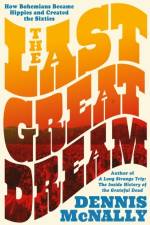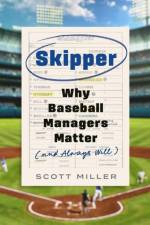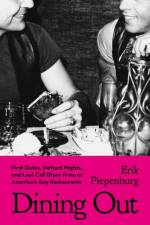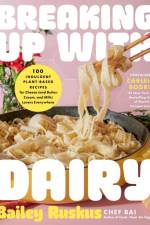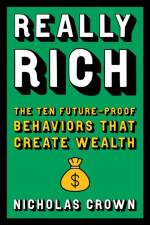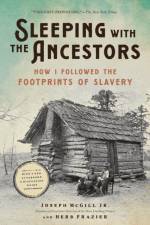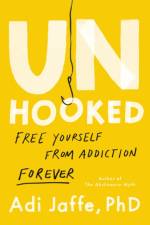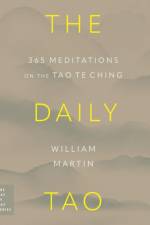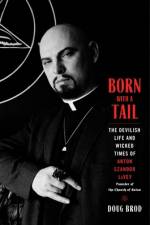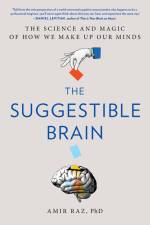av Bruce Lansky
291
The most helpful, complete, and yearly up-to-date name book What's new about names? The new edition of 100,000+ Baby Names by Bruce Lansky features the most up-to-date lists of names, trends, advice, and fascinating facts about names, including:Hundreds of newly popular names and variationsThe latest list of top 100 names for boys and girlsThe latest naming trends: what's hot and what's notThe most rapidly rising and falling top 1,000 namesUpdated lists of names to consider, including names of newly famous people and fictional charactersThe most popular gender-neutral names and their rates of use (more for boys, more for girls, or 50/50)New (and classic) celebrity baby names And our list of names from around the world keeps growing! Here you'll find more than 100,000 names--complete with origins, meanings, variations, and famous namesakes. You'll find names from major linguistic and ethnic groups of origin, including English (19,000 names), Latin (11,000 names), Greek (11,000 names), American (11,000 names), Hebrew (9,000 names), Hispanic (9,000 names), French (8,000 names), Irish (7,000 names), and German (6,000 names)--plus thousands of Scottish, Welsh, Italian, Russian, Japanese, Chinese, Scandinavian, Polish, Native American, Hawaiian, Korean, Thai, Vietnamese, Australian/Aboriginal, African, and Hindi names. The list features unique spellings of popular names that are catching on, plus newly popular names and variations not listed in other books and websites.





